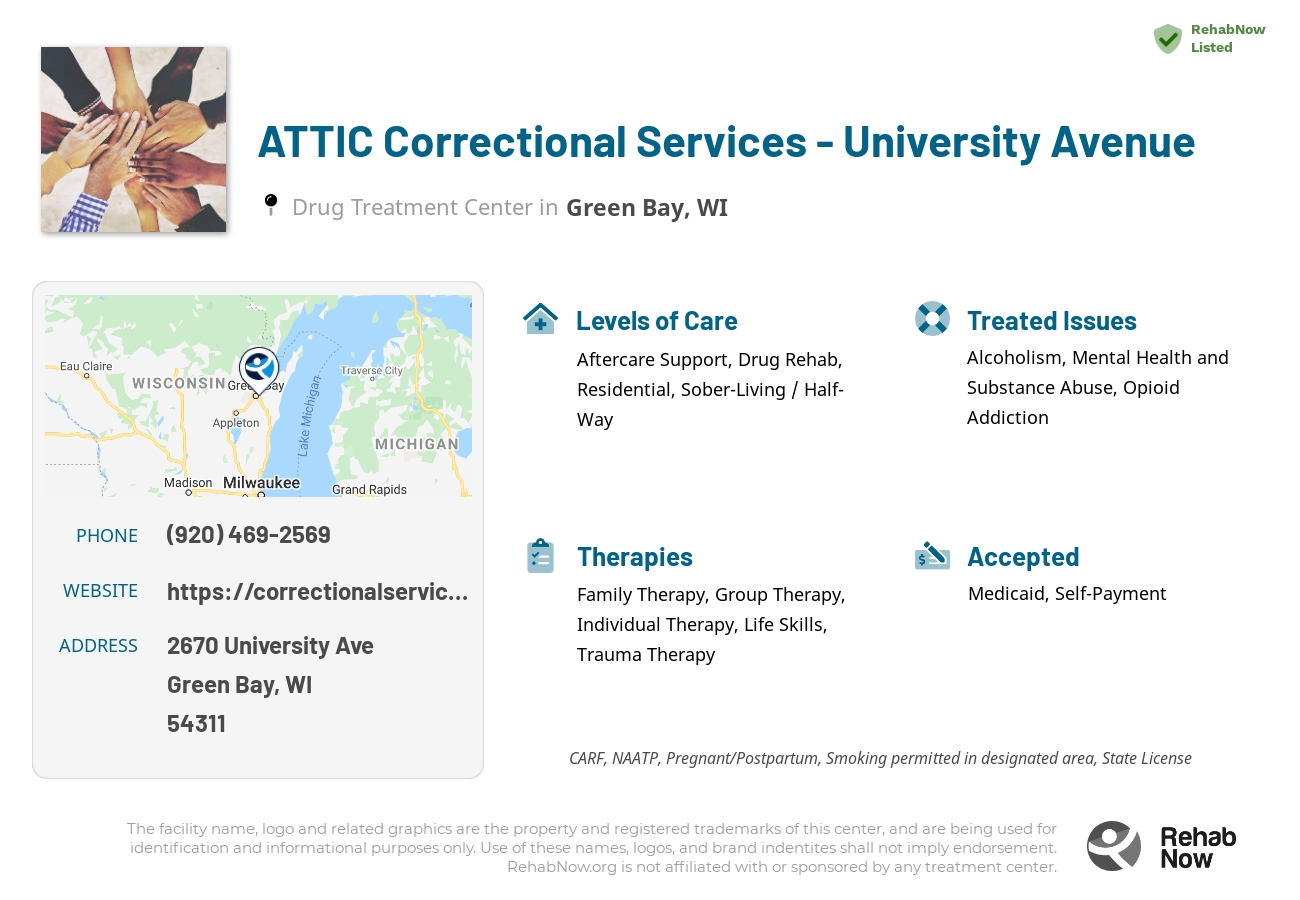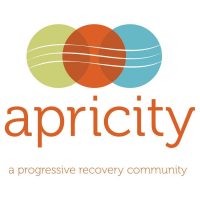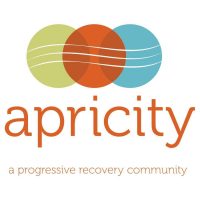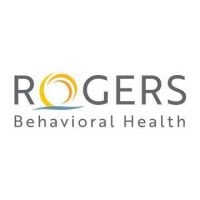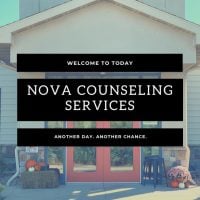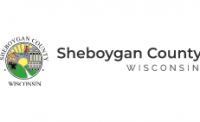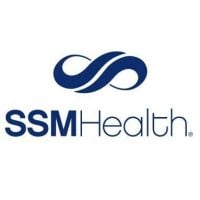ATTIC Correctional Services - University Avenue
Drug Rehab Center in Green Bay, Wisconsin
Attic Correctional Services - University Avenue is a comprehensive addiction treatment facility in Green Bay, WI offering an extensive 12-step based program and a full continuum of care including residential services, intermediate levels of care, and aftercare support to individuals struggling with drug abuse, alcoholism, opioid addiction, dual diagnosis, and substance abuse; most private health insurance plans are accepted for ease of access.
About This Wisconsin Facility
ATTIC Correctional Services - University Avenue is an Addiction Treatment Facility located in Green Bay, Wisconsin that provides comprehensive care to individuals suffering from addiction. This facility specializes in treating alcoholism, opioid addiction, dual diagnosis, drug addiction, and substance abuse. They provide patients with a variety of services, including aftercare support, drug rehab, residential, and sober-living/half-way levels of care, making them a comprehensive, one-stop option for addiction treatment. They also accept private health insurance and are affiliated with ATTIC Correctional Services.
At ATTIC Correctional Services - University Avenue, they take a holistic and multi-faceted approach to addiction treatment. Their treatment modalities include evidence-based practices such as Cognitive Behavioral Therapy, Dialectical Behavioral Therapy, Motivational Interviewing, and Relapse Prevention. They also offer a variety of therapeutic activities that encourage spiritual and physical well-being, such as meditation, mindfulness, yoga, and nutritional education. Additionally, they are licensed and accredited by the Joint Commission for the Accreditation of Healthcare Organizations and the Association of Addiction Treatment Providers.
Genders
Ages
Modality
Additional
Conditions and Issues Treated
Many people who struggle with opioid addiction need to attend specific programs like methadone , Suboxone or Vivitrol clinics.
These types of programs will provide the patient with legal, prescription medications that can help them overcome their cravings for illegal opioids like heroin or fentanyl . If the patient has a chronic condition like Hepatitis C, they must undergo treatment before they can begin taking these medications.
Levels of Care Offered at ATTIC Correctional Services - University Avenue
This center offers a variety of custom treatment tailored to individual recovery. Currently available are Aftercare Support, Drug Rehab, Residential, Sober-Living / Half-Way, with additional therapies available as listed below.
Sober Living Home (SLH) is a term used to describe houses where people recovering from addiction can stay. The goal of these places is to provide immediate support and protection that the addict needs and force them to live a life free from substance abuse.
SLH’s typically allow the addict to live there for 30, 60, or 90 days. This is intended to enable the addict time to develop a foundation of “sobriety,”; allowing them to adjust to living without the substance while building new life skills. During this time, addicts also typically attend regular addiction, education classes.
Residential treatment programs are those that offer housing and meals in addition to substance abuse treatment. Rehab facilities that offer residential treatment allow patients to focus solely on recovery, in an environment totally separate from their lives. Some rehab centers specialize in short-term residential treatment (a few days to a week or two), while others solely provide treatment on a long-term basis (several weeks to months). Some offer both, and tailor treatment to the patient’s individual requirements.
People who have completed a rehab program often need continued support from the addiction treatment team in order to remain abstinent from drugs and alcohol. Aftercare can be beneficial for personal, social, and emotional growth.
Common aftercare options include:
- Individual Therapy – this type of addiction counseling is available on a one-on-one basis. This can be beneficial for people with a high degree of emotional turmoil and a strong desire to overcome addiction.
- Group Therapy – this type of addiction counseling is available in a group setting. This type of treatment can be beneficial for people who are unable to attend regular therapy appointments due to other responsibilities.
- Family Therapy – this type of addiction counseling is available to the family members of addicts. This can be beneficial for people who are unable to fully comprehend what their loved ones are experiencing due to addiction.
Therapies & Programs
Therapy sessions focused on the individual addict can provide much-needed guidance as they work toward overcoming their addiction. These types of sessions typically involve guidance from a therapist, who will help addicts identify and process their feelings and cravings.
During these sessions, addicts may develop plans for coping with the triggers that typically lead to relapse and learn how to avoid those triggers during their recovery process.
The main goal of family therapy for drug addiction is to create an environment where communication can occur without judgment, hostility, or blame that often occurs within a family.
Family therapy is a type of group problem-solving that aims to improve communication and relationships between the patient, their family, and sometimes friends. The therapist is with the family as they learn to communicate with each other differently, especially with the addict when s/he is using.
The family can learn to reduce their enabling behavior or rally together and support each other during tough times. The patient also learns how to deal with their addiction and maintain sobriety while interacting with the family.
Different types of addiction treatment services are available. Within this article, group therapy is of interest due to its high success rate compared to individual therapy. Group therapy settings are beneficial because they allow recovering addicts to build a strong support network.
Benefits of group therapy are:
- Reduces feelings of isolation
- Immediate access to social support in the form of fellow addicts in recovery
- Lowers risk of relapse
- Increases rate of sobriety
- Builds coping skills that can be applied to everyday life
Trauma Therapy is a form of therapy that involves working with a patient to help them process and understand the past trauma(s) in their life. The idea behind it is that while some people can experience traumatic events and not have lasting psychiatric symptoms, many others will. In these cases, memories of the event get hidden from consciousness but continue to influence how the person processes and copes with things in their life. They may avoid situations that resemble what happened or become suddenly angry or irritated to a situation that reminds them of a past event.
With the help of a therapist, people can go back over memories and experiences. This helps them understand why they are having problems coping with certain situations and how they can change how they think and react to things. This therapy is typically done using techniques such as visualization, discussion, and writing down thoughts and feelings.
Trauma therapists will work with clients to help them understand their past and present relationships. Many times, patients may believe that something is inherently wrong with them or that they are unworthy of love. A therapist aims to correct these negative feelings and behaviors by helping the person realize that their actions do not reflect who they truly are.
One of the main goals of trauma therapy is to help clients express their emotions and talk about what they are feeling. This benefits both to increase awareness of how certain events have impacted them in the past and enables patients to realize that they can make changes in their lives.
Cognitive Behavioral Therapy (CBT) is used by drug treatment centers to help addicts comprehend the causes of their substance abuse and the consequences that follow. Through CBT, clients learn to recognize and avoid high-risk situations and cope with challenging situations when they arise.
CBT treatment often includes a combination of individual therapy, group therapy, lectures, and other activities. The treatment’s goal is to help addicts gain self-control and maintain abstinence from drugs and alcohol over the long term so that an addict can get sober and lead a more productive life.
CBT is particularly effective in helping people overcome their drug problems, especially people whose drug abuse is motivated by self-defeating beliefs and emotions.
Those struggling with addiction in Wisconsin can benefit from learning certain life skills. It is not as simple as quitting drinking or taking drugs and thinking that the hard part is over. Being sober means living a whole new way of life. Many recovering addicts have found that they need to develop talents like time management, organization, communication skills, socialization skills, and self-esteem to make their life in sobriety work.
Drug and alcohol addiction can lead to a breakdown in life skills. Learning certain life skills can help those who are struggling with addiction. Life skills training at ATTIC Correctional Services - University Avenue in Green Bay, WI teaches patients skills such as time management, budgeting, and social abilities to improve their quality of life and prevent relapse.
An addict’s life skills are maladaptive, meaning they are counterproductive. An addict may have learned poor time management skills growing up, have a hard time budgeting money, or be socially awkward. An addict’s poor life skills can lead to relapse and the inability to achieve long-term sobriety. Life skills training teaches patients effective coping mechanisms, which can help them live a clean and sober life.
Payment Options Accepted
For specific insurance or payment methods please contact us.
Is your insurance accepted?
Ask an expert, call (888) 674-0062
ATTIC Correctional Services Associated Centers
Discover treatment facilities under the same provider.
- ATTIC Correctional Services - South Park Street in Madison, WI
- ATTIC Correctional Services - Kipling Drive in Madison, WI
- ATTIC Correctional Services - West Washington street in Appleton, WI
Learn More About ATTIC Correctional Services Centers
Additional Details
Specifics, location, and helpful extra information.
Green Bay, Wisconsin 54311 Phone Number(920) 469-2569 Meta DetailsUpdated November 25, 2023
Staff Verified
Patient Reviews
There are no reviews yet. Be the first one to write one.
Green Bay, Wisconsin Addiction Information
Wisconsin has some of the highest rates in the United States for both adolescent and adult substance abuse. Since 2009, the state has been experiencing the same escalating rates of drug abuse and addiction as the rest of the country. The major concerns are the misuse of prescription painkillers and the escalating number of deaths due to alcohol-related liver disease.
8.6% of adults in Green Bay reported using an illicit drug within the past month. Commonly abused drugs being abused are heroin, methamphetamine, cocaine, and prescription opioids. 1 in 8 residents needs but does not receive treatment for drug abuse. 44% of drug users abuse more than one substance. There are a variety of treatment options available in Green Bay. These include inpatient and outpatient treatment, as well as detoxification and rehabilitation.
Treatment in Nearby Cities
- Merrill, WI (96.7 mi.)
- Wittenberg, WI (63.8 mi.)
- Saint Croix Falls, WI (237.7 mi.)
- Montello, WI (84.5 mi.)
- Wausau, WI (88.1 mi.)
Centers near ATTIC Correctional Services - University Avenue
The facility name, logo and brand are the property and registered trademarks of ATTIC Correctional Services - University Avenue, and are being used for identification and informational purposes only. Use of these names, logos and brands shall not imply endorsement. RehabNow.org is not affiliated with or sponsored by ATTIC Correctional Services - University Avenue.


